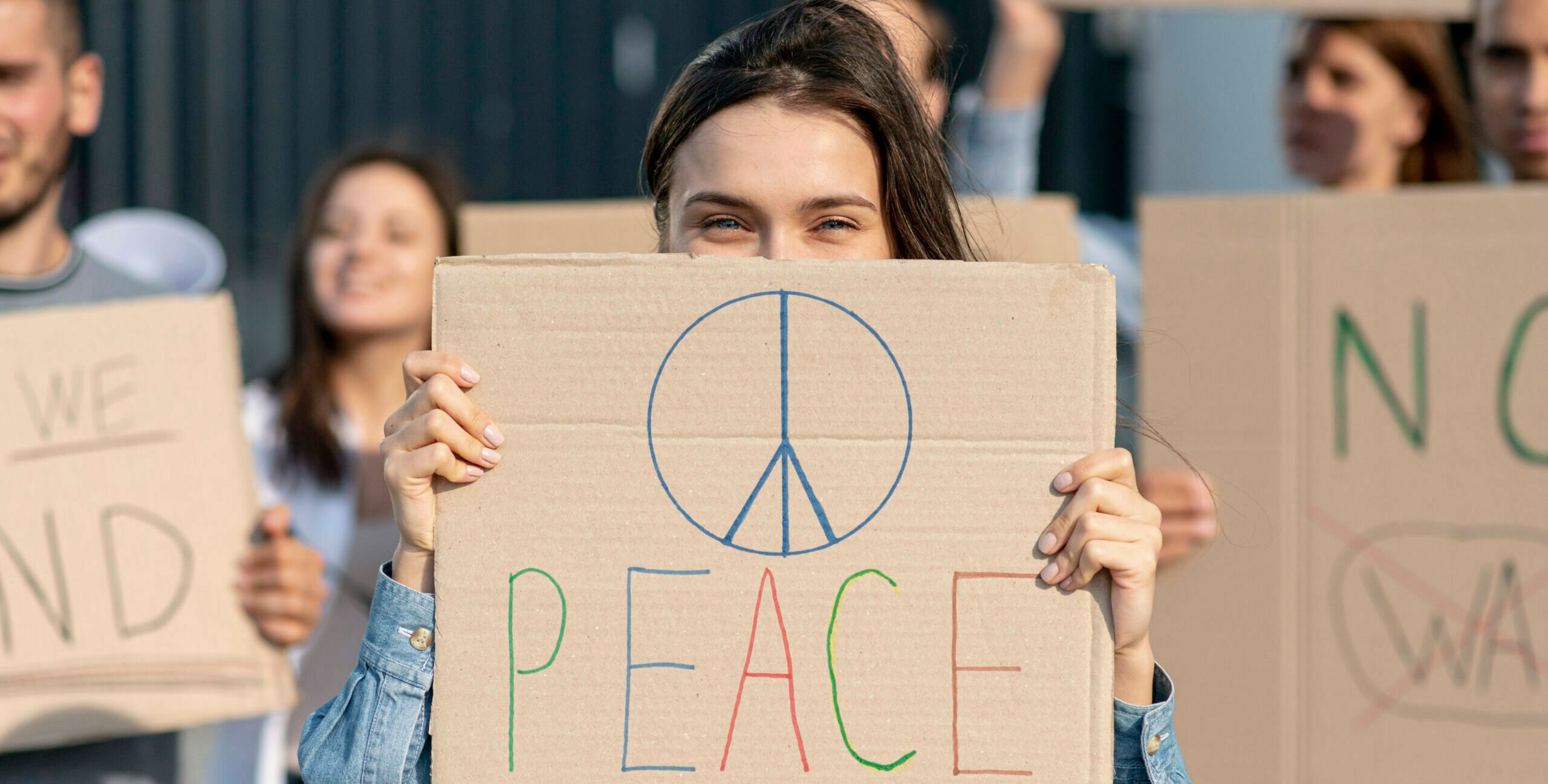THE human rights They constitute the set of fundamental freedoms and rights that belong to every individual without distinction of ethnic origin, gender, age, religion, sexual or political orientation. They are defined as universal rights because they are recognized by many legislative systems and constitute the foundation of the internal system of each State. They are natural and inalienable rights because they are not transferable and are therefore inalienable and indivisible.
The Universal Declaration of Human Rights adopted by the United Nations General Assembly on December 10, 1948 officially recognized them for the first time. It was the legal and community response to the repeated violations of European dictatorships. This document And the legal basis for freedom, justice and peace in the world.
You too can rediscover the pleasure of staying informed!
Your support helps protect our independence so we can continue to produce quality journalism that is open to all.
Support us
THE governmental and non-governmental organizations that protect human rights
Today, the institutional reality of human rights is organized in a universal system managed by the United Nations with The Above Stewardship of Human Rights and the Human Rights Council. Regional protection systems have been created depending on the geographical area: the Council of Europe, the Organization of American States, the African Union, the League of Arab States. The United Nations Universal Declaration of Human Rights is the main source from which subsequent international conventions on specific subjects are derived. Each regional system has adopted its own charter and its own protection bodies.
The main organizations non-governmental who deal with human rights are Amnesty International, Human Rights Watch, International Federation for Human Rights and Human Rights FirstThese NGOs are active in protecting human rights by monitoring any violations and trying to pressure governments to intervene to adapt to them.
The main pprogress made in human rights recently
It is important to emphasize that respect and protection of human rights This is a process of continuous development, characterized by lights and shadows. The positive measures taken concern above all civil rights and the right to a healthy environment..
Further progress has been made on the abolition of the death penalty and on the slow strengthening of international courts competent in matters of human rights protection. RecentlyIn fact, we have witnessed a few significant progress towards the abolition of the death penalty, Armenia has abolished the death penalty in all circumstances. Ghana's parliament has decided to eliminate it for all crimes except high treason. While Malaysia has abolished the mandatory death penalty for 11 crimes, including murder and terrorism.
The report of Human Rights Watch of 2024 shows a slight decline in respect for human rights in the world. But at the same time, the Amnesty International report has also reported several advances regarding releases and retrials, as in the case of the Egyptian government granting a pardon to Patrick Zaki.
Effective tools for defending human rights
The work carried out by human rights defenders is fundamental that give voice to the rights of violated communities and oppose environmental exploitation, war and violence. Such as the pressure of the Spanish movements that led to the approval of the law that places consent at the center of the legal definition of rape in Europe.
20 years after its birth, the International Criminal Court (ICC) seems to be on the way to becoming A concrete and operational tool for defending human rights during conflicts. They will in that direction the mandate of Stop international that the ICC issued in 2023 against Putin and the latest arrest warrant against Netanyahu, Yoav Gallant and Hamas leaders.
The best results obtained
From the UN Human Rights 75 by initiative revitalize the Universal Declaration of Human Rights, The political will to further strengthen human rights around the world is emerging. A United Nations goal that will continue in 2024.
We have made enormous progress towards abolishing the death penalty worldwide. The death penalty has in fact been abolished in more than two-thirds of the world's states: 144 states have abolished the death penalty in law or practice; 55 states still have it in force, but only a third carry out death sentences.

Source Amnesty International Report on the Death Penalty 2023
Legend: In YELLOW Abolitionist states; de facto abolitionist states are in dark gray. Abolitionist states for ordinary crimes are in light gray. States that retain the death penalty are in black.
Progress to be continued in 2024
On the right to a healthy environment, COP 28 in Dubai reached an agreement on abandoning fossil fuels and obtained a commitment from countries to move awayene by 2050. Llast year too, The United Nations General Assembly has given its approval to request an advisory opinion of the International Court of Justice on the obligations and legal consequences of States that cause serious environmental damage. It would be worth watching because the opinion is expected in early 2025 and could have repercussions on international environmental law.
Human rights violations and the repression of civil rights are no longer tolerated by civil society. In this regard, the demonstrations in favor of Palestine or those of women against the Iranian regime in many cities around the world, in London as in Tehran, are emblematic of the fact that civil society no longer wants to look the other way. It remains to be seen whether this awareness gained so far can push the respective governments to change their domestic and foreign policies.
Respect for human rights must become the necessary tool for maintaining peace and security, as President Mattarella stated during THE speech delivered before the United Nations General Assembly last May. We therefore need greater awareness, also on our part, to understand what active role we can play in terms of human rights; in order to also push our governments to take concrete action to ensure that they are respected and protected.

